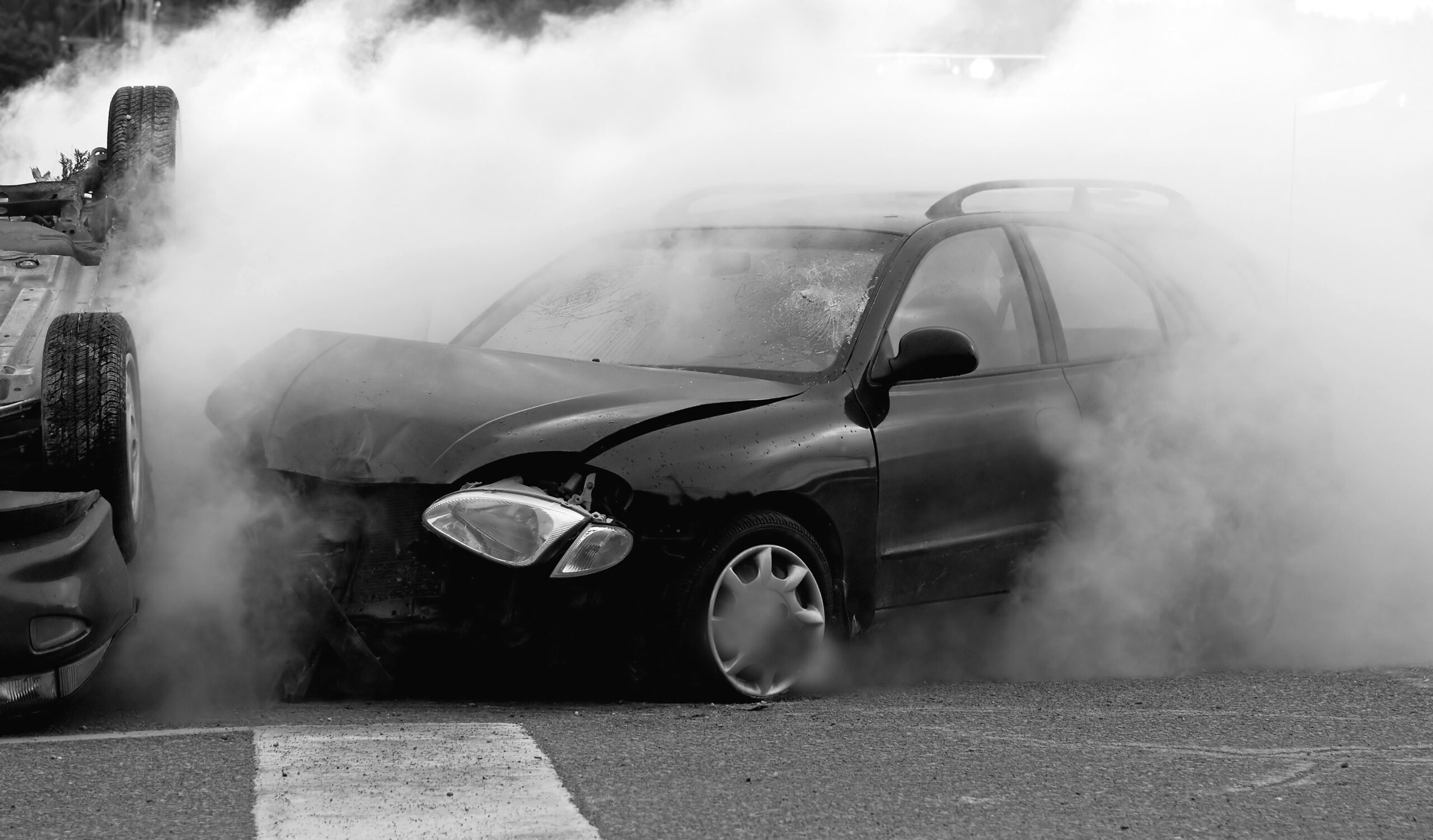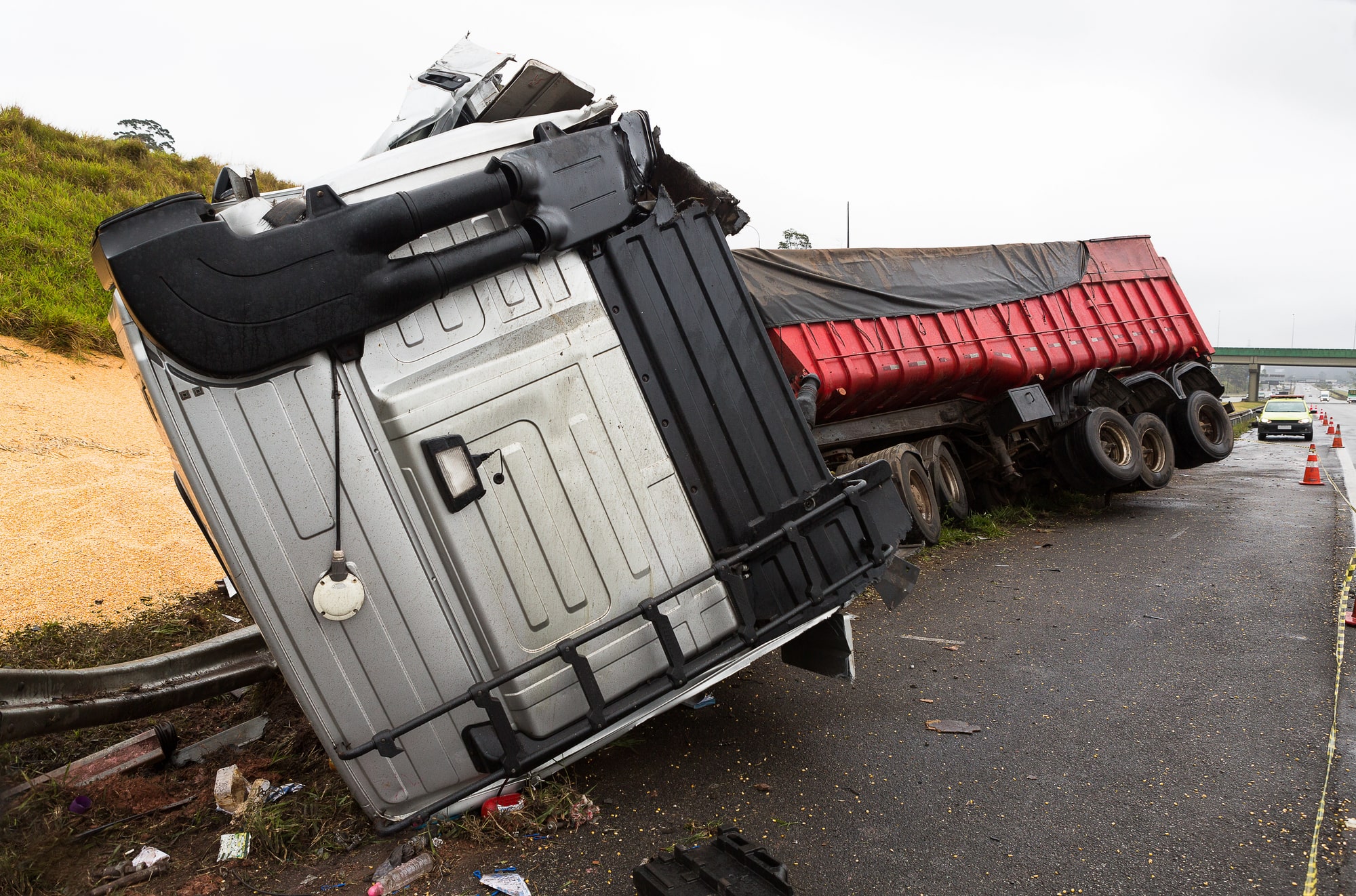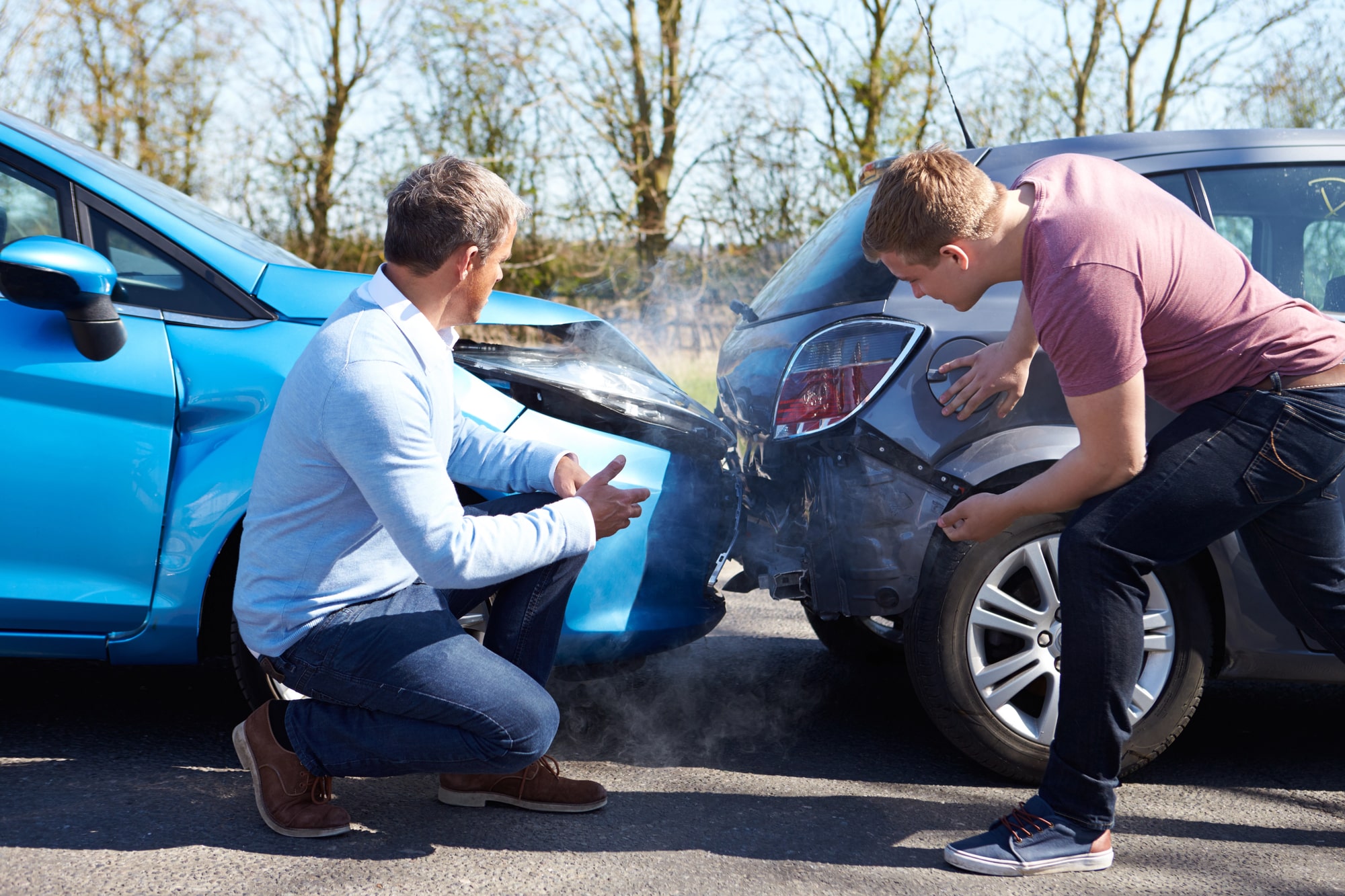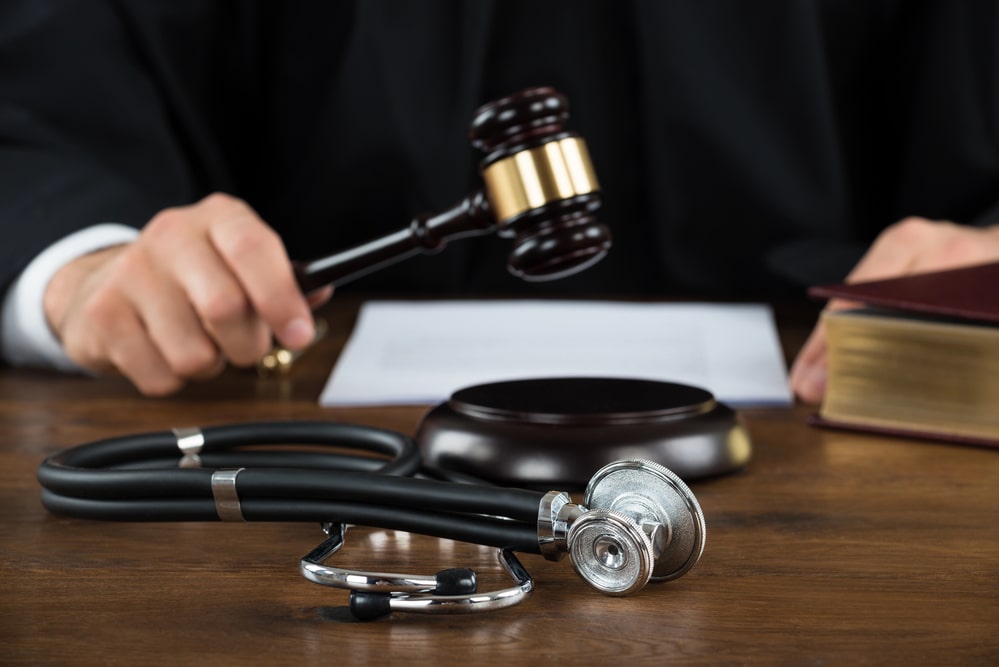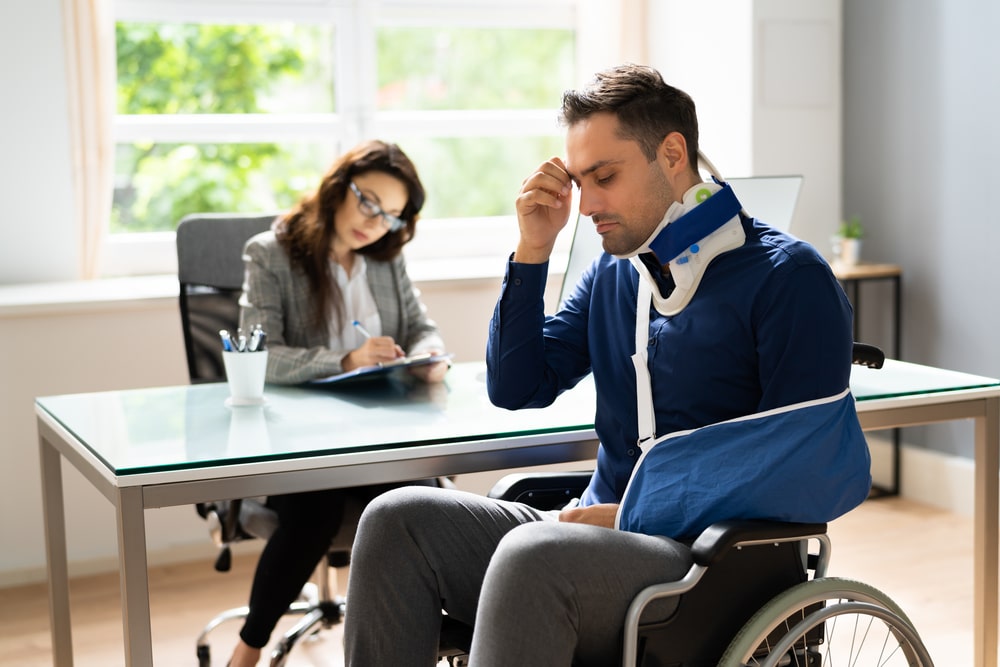A serious crash involving a motorcycle left one person hospitalized Tuesday night on Interstate 25 near 6th Avenue. Our Denver, CO motorcycle accident lawyer knows the Denver Police Department reported the collision happened around 10:00 p.m. when a vehicle struck a motorcycle and fled the scene without stopping to help. Emergency responders transported the motorcyclist to a local hospital with significant injuries. Authorities have not released the individual’s current condition.
The crash forced the temporary closure of Interstate 25 while crews worked at the scene. The roadway has since reopened, but the investigation into the events leading up to the collision is still ongoing. Police have not yet provided details about the suspect vehicle.
Motorcycle accidents can lead to serious harm, including broken bones, traumatic brain injuries, spinal cord damage, and internal injuries. In some cases, long-term rehabilitation is required. Similarly, victims of truck accidents often face many of the same injuries, but the risk of catastrophic outcomes is even greater due to the size and weight of commercial vehicles. Truck crashes may cause amputations, severe burns, paralysis, or fatal injuries, making recovery difficult and costly for victims and their families.
Officials remind the public that traffic safety requires constant attention. Drivers are urged to obey speed limits, avoid distractions, and never leave the scene of a crash. Choosing safe driving habits is one of the most effective ways to prevent devastating accidents on busy roads like I-25.
Compensation Following Your Motorcycle Accident
Motorcycle accidents often leave riders facing significant challenges. Because motorcycles provide less protection than other vehicles, injuries from these crashes are frequently severe. After an accident, you may be dealing with medical treatment, time away from work, and the stress of paying bills while trying to recover. Compensation can help cover the financial and personal losses tied to the collision, but it requires showing the full scope of how the accident has affected your life. A lawyer can review your case, gather the evidence needed, interview any witnesses, and work to pursue the damages you are entitled to receive. We have nearly 5 stars on Google Reviews, so don’t hesitate to reach out to us.
Medical Expenses And Future Care
Compensation often covers hospital bills, surgery, medication, physical therapy, and long-term treatment. It can also account for future care if your injuries require ongoing support.
Lost Wages And Reduced Earning Ability
If your injuries prevent you from working, you may recover wages lost during recovery. In more serious cases, compensation may also reflect a reduced ability to earn income in the future.
Property Damage To Your Motorcycle
Your motorcycle may be severely damaged or completely destroyed in a crash. Compensation can include repair costs or the replacement value of your motorcycle.
Pain And Suffering Damages
The physical pain and emotional stress caused by a motorcycle accident are significant. Compensation can address the toll the accident has taken on your quality of life.
At Strong Law Accident & Injury Attorneys, we know how overwhelming the aftermath of a motorcycle crash can be. If you were injured, we encourage you to reach out–we have over 2,000 successful cases. Together, we can review your situation, explain your options, and work toward the compensation you need to move forward.



